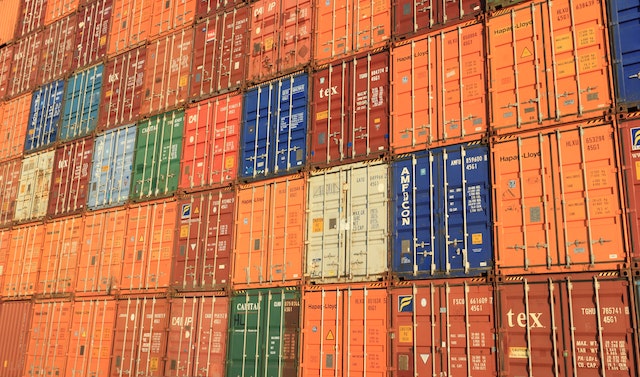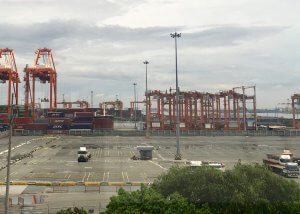The logistics supply chain is the intricate network that connects suppliers, manufacturers, distributors, and retailers, ensuring the smooth flow of goods from production to consumption. In this article, we will explore the key components of the logistics supply chain, delve into the factors that drive efficient operations, and highlight the pivotal role of air freight in optimizing the supply chain’s performance.
Understanding the Logistics Supply Chain
The logistics supply chain encompasses multiple interconnected processes, including procurement, transportation, warehousing, and distribution. Each component plays a crucial role in the efficient movement and storage of goods.
Therefore, effective coordination and synchronization among these elements are vital for achieving seamless operations and meeting customer demands.
The Role of Air Freight in the Logistics Supply Chain
Air freight plays a pivotal role in the logistics supply chain, especially regarding time-sensitive deliveries and long-distance transportation. Leveraging the speed and reliability of air transportation, businesses can ensure quick and efficient delivery of goods to meet demanding customer expectations.
In addition, air freight provides global reach, connecting businesses to distant markets, enabling international trade, and fostering economic growth.
Air Freight Operations and Considerations
Air freight operations involve various stages, from cargo handling and customs procedures to security measures. With stringent safety regulations and advanced cargo tracking systems, air freight offers a secure and reliable mode of transportation.
When choosing air freight services, businesses consider factors such as transit times, costs, cargo characteristics, and specific transportation requirements. Coordinating air freight with other modes of transportation ensures seamless end-to-end supply chain management.
Key Factors for Efficient Operations
Efficient operations in the logistics supply chain rely on several key factors. Effective inventory management ensures optimal stock levels, minimizing excess inventory and stockouts. Accurate demand forecasting helps businesses align their supply chain activities with customer needs, reducing inefficiencies and costs.
Furthermore, optimizing transportation routes and modes allows for the streamlined movement of goods, enhancing cost and time efficiency. Embracing advanced technology and automation enables real-time tracking, improves visibility, and streamlines processes. Lastly, collaboration and communication among supply chain partners foster synergy, allowing for agile responses to changing market demands.
Challenges and Future Trends
While air freight offers numerous advantages, it is not without challenges. Capacity constraints, adverse weather conditions, and complex customs procedures can present obstacles. However, these challenges are being addressed with ongoing advancements in technology and infrastructure.
In addition, emerging trends such as drone deliveries, autonomous cargo planes, and the use of sustainable aviation fuels are reshaping the future of air freight and further enhancing its efficiency and sustainability.
Driving Forward: The Power of Efficient Operations and Air Freight in the Logistics Supply Chain
Efficient operations are the cornerstone of a successful logistics supply chain. Businesses can optimize their supply chain performance by understanding the various components and factors that drive efficiency.
Air freight, with its speed, reliability, and global connectivity, plays a vital role in unlocking the full potential of the logistics supply chain. As technology continues to advance and innovative solutions emerge, air freight will continue to play an integral role in meeting customer expectations, expanding market reach, and driving economic growth.
























